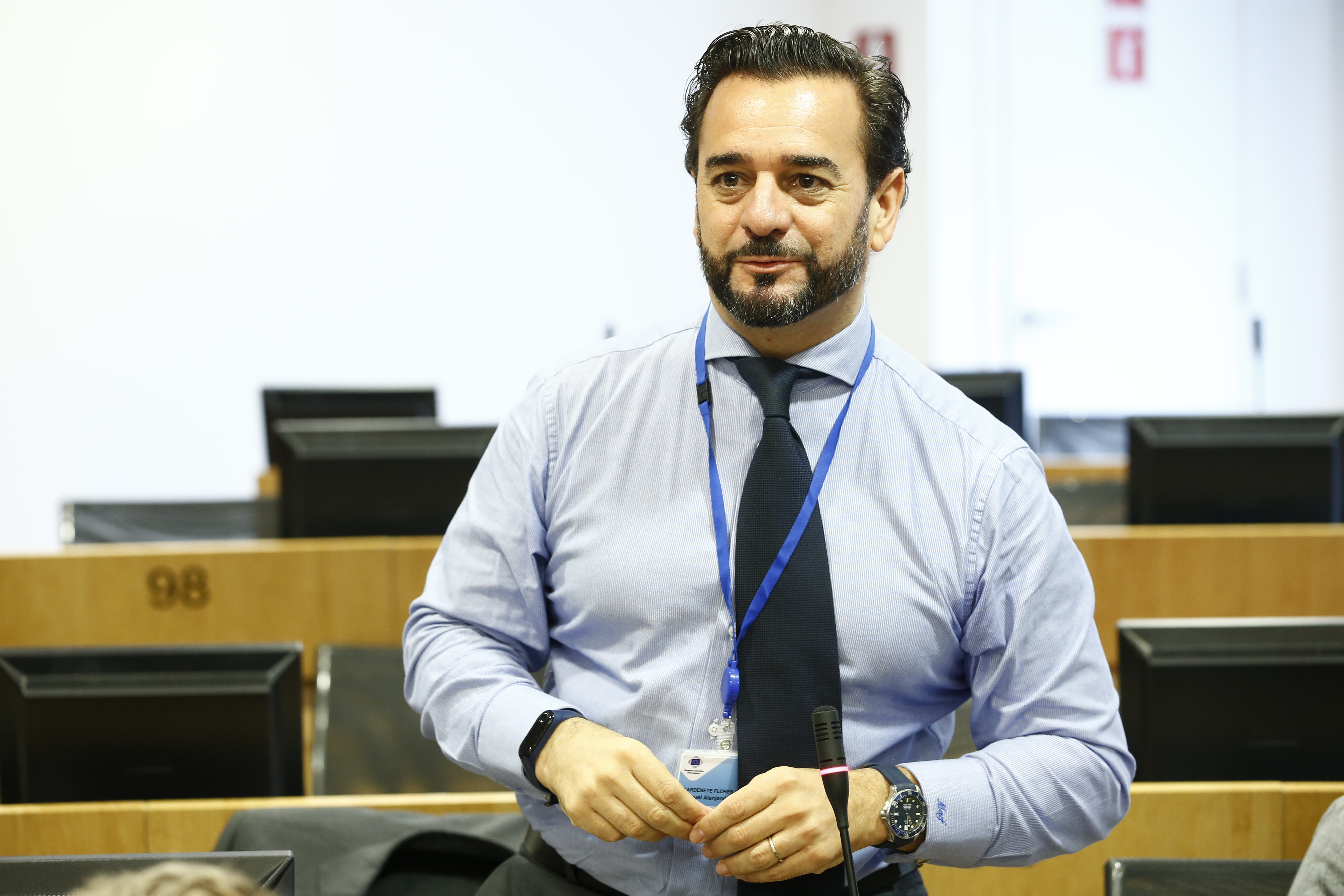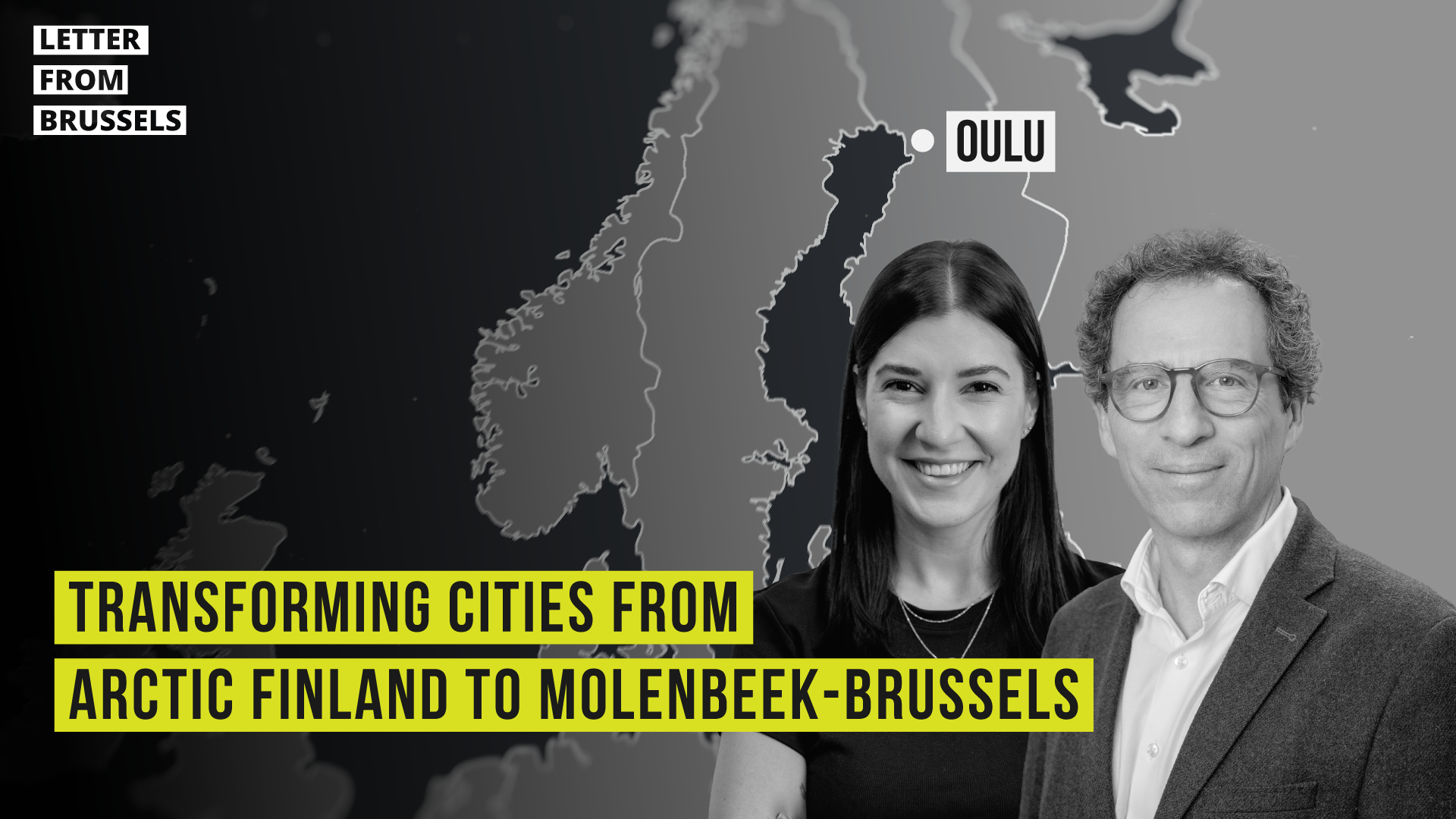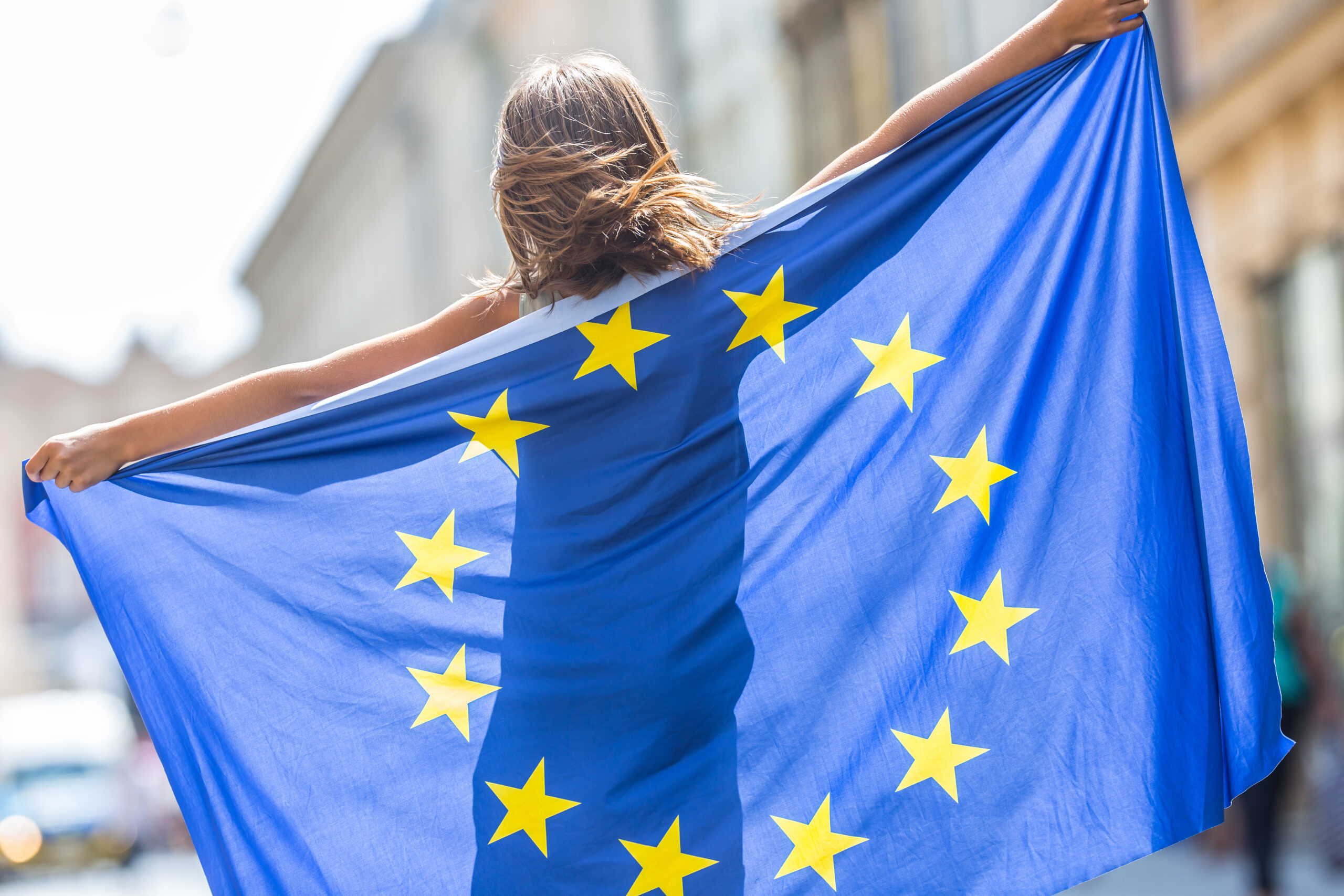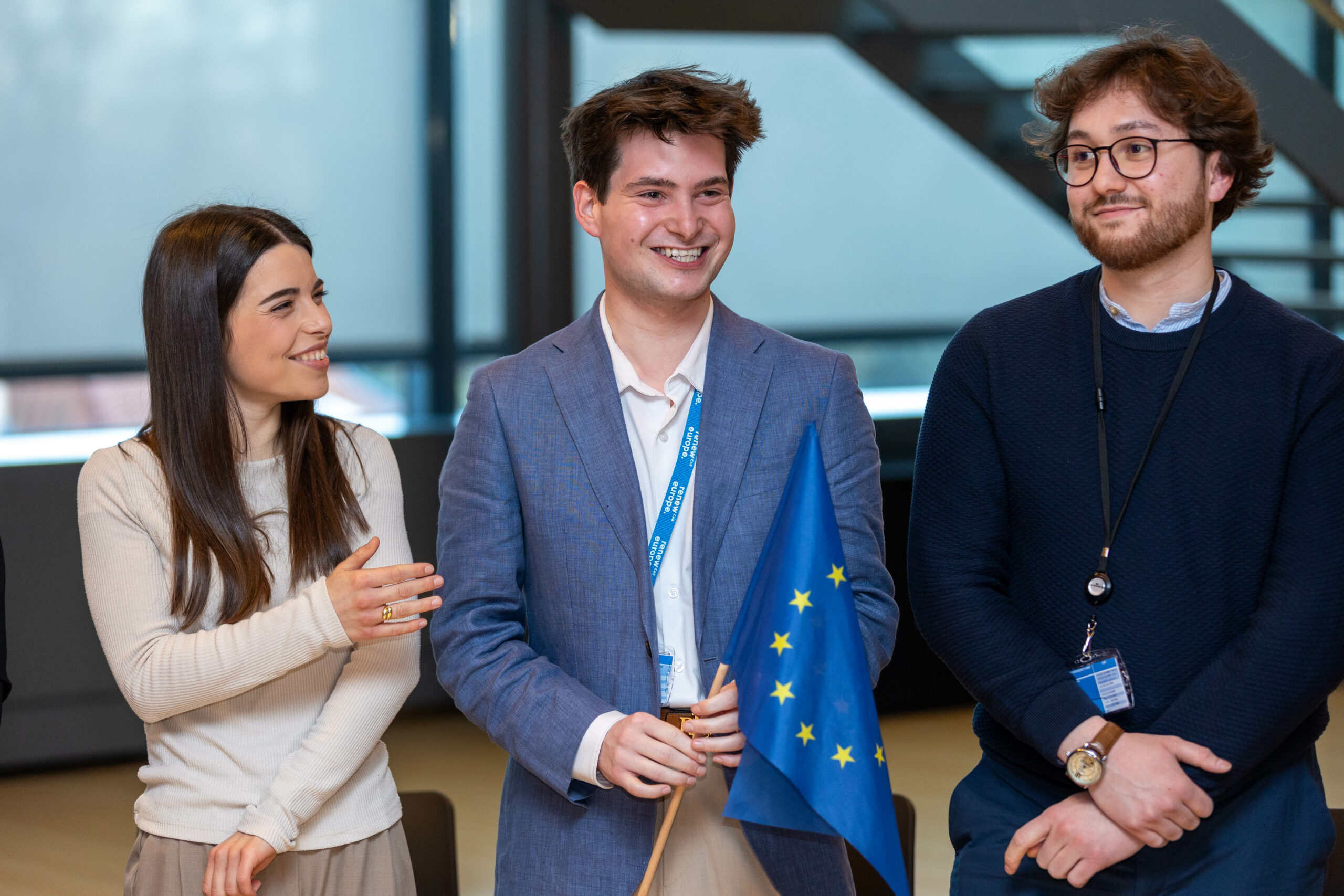Manuel Alejandro Cardenete, Vice-Minister in the office of the Vice President of the Andalusian government in charge of Tourism, Justice and Local Administration, discusses the future of tourism and how vital this economic important sector is. He is also the rapporteur on the future of sustainable tourism. Why should we consider tourism a vital industry? How vital is it for your region of Andalusia?
The tourism sector in Spain accounts for almost 13% of the GDP and almost 13% also in terms of employment, and is therefore the second largest contributor to GDP in terms of employment. Tourism is one of the engines of the Spanish economy. In addition, according to the World Economic Forum, Spain has won back its title as the most competitive country in the world in tourism and with the second most visitors (behind France).
In Andalusia, even more so, tourism accounts for 13% of GDP at regional level and 14% in terms of employment, which makes it a key sector of the Andalusian economy: last year we received 32.5 million tourists! The summer of 2019 was the best summer in the whole series, a record with 26.2 million stays being recorded during the months of June and July. It is a reality that Andalusia is the favourite destination of the Spanish in the summer (70% of tourism in Andalusia is national). In addition to the summer we can also highlight the Holy Week and fairs in each of our provinces as well as large international events such as the Jerez de la Frontera Motorcycle Grand Prix and the Valderrama Andalucía Masters Golf Championship. The good health of our tourism means employment, it means wealth and opportunities for many people who want to start a business in Andalusia.
Will there be a touristic season this summer?
We hope so. Spain just announced that it will open its borders to tourism in July, and the interprovincial movement will be reactivated according to each territory after they pass the third phase of de-escalation planned by the state authorities’ health care. We hope that Andalusia will be in this scenario at the end of June. The reaction will be slow, according to all the market forecasts that we are consulting, although we have put all the means at our disposal to guarantee that is as dynamic and safe as possible for both the visitor and operators and tourism professionals.
What’s your view on European Commissioner Thierry Breton’s guidance on how to safely resume travel and reboot European tourism?
The European Commission’s package of proposals of 13 May are of extraordinary importance for tourism. It recognizes the relevance of the sector for the economy and employment in Europe and it is given the attention it deserves. This is a long-standing demand that is finally being met, and we should congratulate it. Because it also commits him to the transformation towards a new model of sustainable tourism, through the two major strategies of the European Commission, Europe’s adaptation to the digital age and the European Green Deal. Commissioner Breton also placed tourism at the centre of the so-called Marshall Plan, with the commitment to devote up to 25% of recovery funds to the sector.
On 5 March, I had the opportunity to exchange views in the NAT commission of the Committee of the Regions on how we could move towards a more sustainable and competitive tourism in cities and regions. We all agree on the urgent need to address high-impact challenges in a coordinated and joint way. Challenges such as climate change, increased congestion, pressure on the infrastructure and water and energy consumption, environmental degradation and loss of identity and authenticity of people affected by it, so there’s a dramatic need for health security arising from COVID-19.
The crisis accelerated the urgency of the measures needed to respond to these challenges and to ensure the safety and well-being of residents and of visitors. We think that tourism has the capacity to give the answer with adequate policies and with the necessary investments, but always leading the transformation of the model of sustainability proposed by the Green Deal and Digital Agenda of the European Union. The measures proposed on 13 May by the European Commission are a major step forward in the right direction, although we will certainly need to continue to work closely together with European, national and regional authorities, with businesses and destinations for the recovery of the sector.
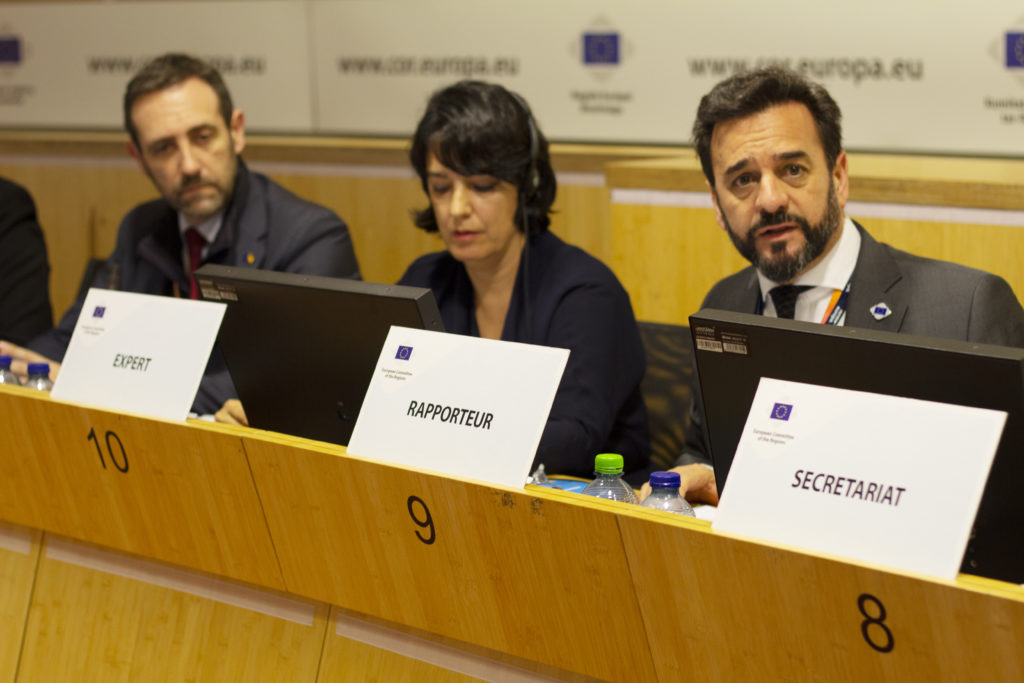 Cardenete exchanged views in the NAT commission of the Committee of the Regions on how we could move towards a more sustainable and competitive tourism in cities and regions.
Cardenete exchanged views in the NAT commission of the Committee of the Regions on how we could move towards a more sustainable and competitive tourism in cities and regions.
How can you encourage people to spend their holidays locally in their own country/region? How are you doing it?
Since the beginning of the crisis, Andalusia made important financial and marketing measures available to its tourism sector, to contain its decline, to stop job destruction and to help job recovery. Among these measures, We have a Shock Plan that includes concrete actions to promote proximity tourism, that promotes the arrival of travellers from their own region and of the the rest of the country. These are actions such as the realization of the first fair on virtual travel, communication campaigns specifically designed for these markets, increased promotion on social networks, strengthening of alliances with operators and airlines, familiarisation trips or event sponsorship, all this to spread an image of quality and security of the destination. We are also analyzing the possibility of launching a holiday voucher to promote making trips within the territory itself, either by means of a direct bonus to the purchase of tourist packages or as fiscal relief on the personal income tax.
Will it be possible to offset the loss of international visitors by having your own nationals vising? Spain for instance receives 84 million tourists each year but only 5 million Spaniards travel abroad.
The current configuration of our tourism portfolio allows us to be optimists. Andalusia receives 32.5 million tourists a year. 33% come from the region itself, 25% from the rest of Spain, another 25% from European Union countries and the rest, 11%, from other international issuers. Therefore, domestic tourism, our national tourism, accounts for 61% in our community – practically two out of three – making us the first Spanish host region for this market. If the actions we are developing at this moment achieve the expected impact, we could rely on having a sufficient starting fund for relaunching the activity while awaiting the complete opening of the international markets.
What steps do we need to put in place to offset the pains of income and job losses and lock in the benefits such as lower emissions less crowds lower rents for locals …?
This crisis will mark a ‘before’ and ‘after’ in the tourism model developed by regions and destinations. And Europe must take a leading role in this new design; it should already work on that topic, without delay, without ambiguity. The pandemic will lead to a different world. Many changes are being made in these months and many more will come. The sector needs to have a support plan from their States and the European Union. A plan to reorganize the activity and resilience, to eliminate overcrowding and protect the environment with a firm commitment to sustainability, that provides resources to face the new challenges and to strengthen its labour market, promoting quality and stability of their jobs. These steps must be taken, the situation demands it and the sector needs it.
Is international travel feasible in these Corona-virus times with safety worries struggling airlines and border issues?
The problems of the tourism industry and the airlines will increase if planes are not allowed to take off. The current health data for disease control – and I’m talking about Andalusia, one of the least impacted of all Spanish territory – indicate a considerable decline in the rate of infection and in the hospital admissions, to the detriment of the cured, who are more and more numerous every day. On the other hand we have sufficient capacity in medical services and developed a tracking system to anticipate a possible resurgence. Therefore, at this time, and always without letting down our guard and control, you can reactivate tourism, keeping different security measures that provide guarantees to the tourism dynamics. Measures such as temperature control before and after each trip, the establishment of insurance brokers or health passports, the development of security protocols for the establishments and services on offer, models tracking and monitoring of new infections, capacity control according to different de-escalation situations… It’s complex, but these measures’ effect will be what allows us to react for an engine as important as tourism and its beneficial effects on the life and social economy of those concerned. All measures that in Andalusia we are already contemplating.
Isn’t there a permanent inconsistency between governments trying to keep their citizens safe and at the same time trying to promote / save tourism?
Our priority is the safety of people. The recovery of tourism will come hand in hand with health safety. That is why we worked first on the control of the pandemic, and only after that, once the data of contagion indicate that the pandemic is under control, we can start to attract visitors, both from proximity markets as well as international markets.
Tourism has a very strong emotional component. Visitors will arrive when they feel that destinations are safe. We need to balance the need for security with an experience of the attractive destinations. It’s a challenge we need solve.
Governments are following the recommendations of the European Union to lifting travel restrictions in a coordinated manner and following health and safety measures. There has been an impact on the line of trust in some of the major tourist markets and we have to be able to reverse that damage first by creating safe environments and then by transmitting that safety, but always in that order.
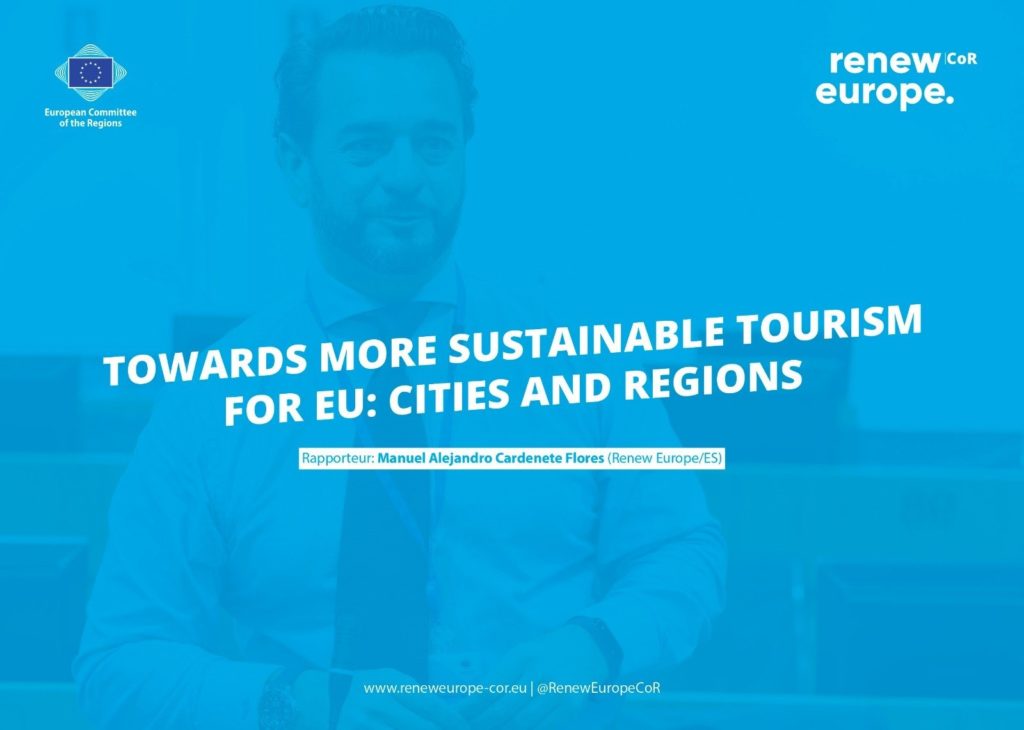 Manuel Alejandro Cardenete is also the rapporteur on the future of sustainable tourism in the European Committee of the Regions.
Manuel Alejandro Cardenete is also the rapporteur on the future of sustainable tourism in the European Committee of the Regions.
Could this crisis also be the opportunity to make tourism more sustainable? Isn’t there a risk that the focus or urge on sustainable development for tourism will now be forgotten?
The commitment to the transformation towards a more sustainable tourism is now greater than ever. We must seize the opportunity to move forward on that direction and we welcome that necessary commitment. We have been working for years from the regions to achieve sustainable tourism and do it in a coordinated way, from NECSTouR, the network of regions for sustainable and competitive tourism. The network, which comprises 34 European regions, integrates also scientific institutions and universities. It accumulates an intense experience in diagnoses and solutions, which involve the change of behavior for a new model of tourism.
We want people to be at the centre of tourism policy, to improve the experience of tourists and also of the residents. We want to be more digital and technological, with a focus on sustainability. We want to promote the development of tourism, improving the training of professionals in the sector. We want to manage with more and better information, because we cannot manage what we can’t measure. And, finally, building the safety and resilience of our destinations has been developed in close collaboration with other institutions working on aspects such as climate security, in the face of the threat of climate change, terrorism, or also health.
The European Union is now urgently and decisively taking on board the need, in the wake of the crisis, to recover tourism, but also to transform it into a new model, which will be the tourism of tomorrow. We are confident of the European Commission’s commitment to that direction which Commissioner Breton expressed in a decisive manner. Tourism has never been considered a strategic sector before and we must take advantage of the moment to reconstruct and recover the activity, redirecting it towards a more sustainable and competitive model for the future. It is a challenge, but also an opportunity to reinvent the tourist experience, making it a key factor of competitiviy.
What are your plans for the holidays?
This summer I will visit the beautiful village of Arcos de la Frontera, in the province of Cádiz and for a few days in August I will be in Córdoba. Some days when I’m off I’ll also be escaping to the beaches of the Costa del Sol. It is a reality that rural and inland tourism are in vogue and what better time to show this than now? Spanish tourism must be reactivated and encouraged, and this year, even more so with the additional difficulty of movement, the problem of airlines and the fear factor of people, I think most Europeans will remain in their countries and international travel will be scarce. There will be times when to continue travelling the world and enjoying it, but for the moment this year, as I could not otherwise be the Vice-Minister of Tourism, I do it from Andalusia, taking advantage of Andalusian tourism.
.@macarflo (@Cs_Andalucia @Cs_Europa) discusses the future of #tourism and how vital this economic important sector is, as well as how to address the impact of #COVID__19
Read➡https://t.co/tG9MJX47Bv.— Renew Europe CoR (@RenewEuropeCoR) May 27, 2020
🇪🇺🇪🇸 @macarflo defenderá mañana ante la #ComisiónNAT del Comité de las Regiones el documento de trabajo para la aprobación del dictamen sobre #sostenibilidad turística en #Europa. 📃
💪🏼 El Gobierno del cambio de la @AndaluciaJunta lidera la #RevoluciónVerde ♻
🍊 @Cs_Europa https://t.co/94oQJcAaJN pic.twitter.com/LNPPHnZ5Vx
— Ciudadanos Andalucía (@Cs_Andalucia) March 4, 2020
“#Sustainable #Tourism should stop being a label and become a reality” argues @macarflo at our event @ALDEParty #Aldecongress, drawing on his region of Andalucia’s experiences dealing with massive increase of visitors. pic.twitter.com/8Q3kLHDnDt
— Renew Europe CoR (@RenewEuropeCoR) October 24, 2019

